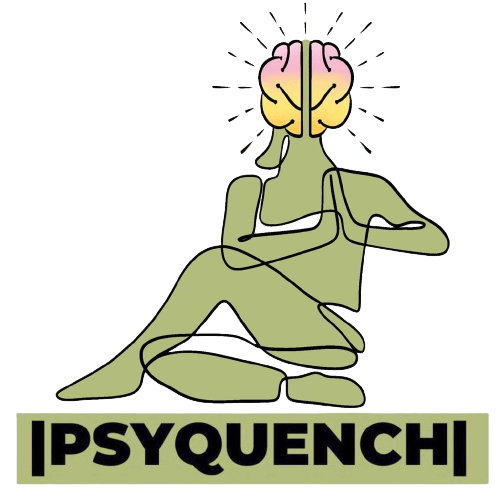A Journey to Healing: Discovering the Benefits of Therapy and Counselling
A Journey to Healing: Discovering the Benefits of Therapy and Counselling TABLE OF CONTENT: 1. Introduction to therapy and counselling 2. Types of therapy 3. Types of counselling 4. Benefits of therapy and counselling 5. Ethics in therapy and counselling 6. Conclusion 1.Introduction: Embarking on a healing journey can be a transformative experience. […]



